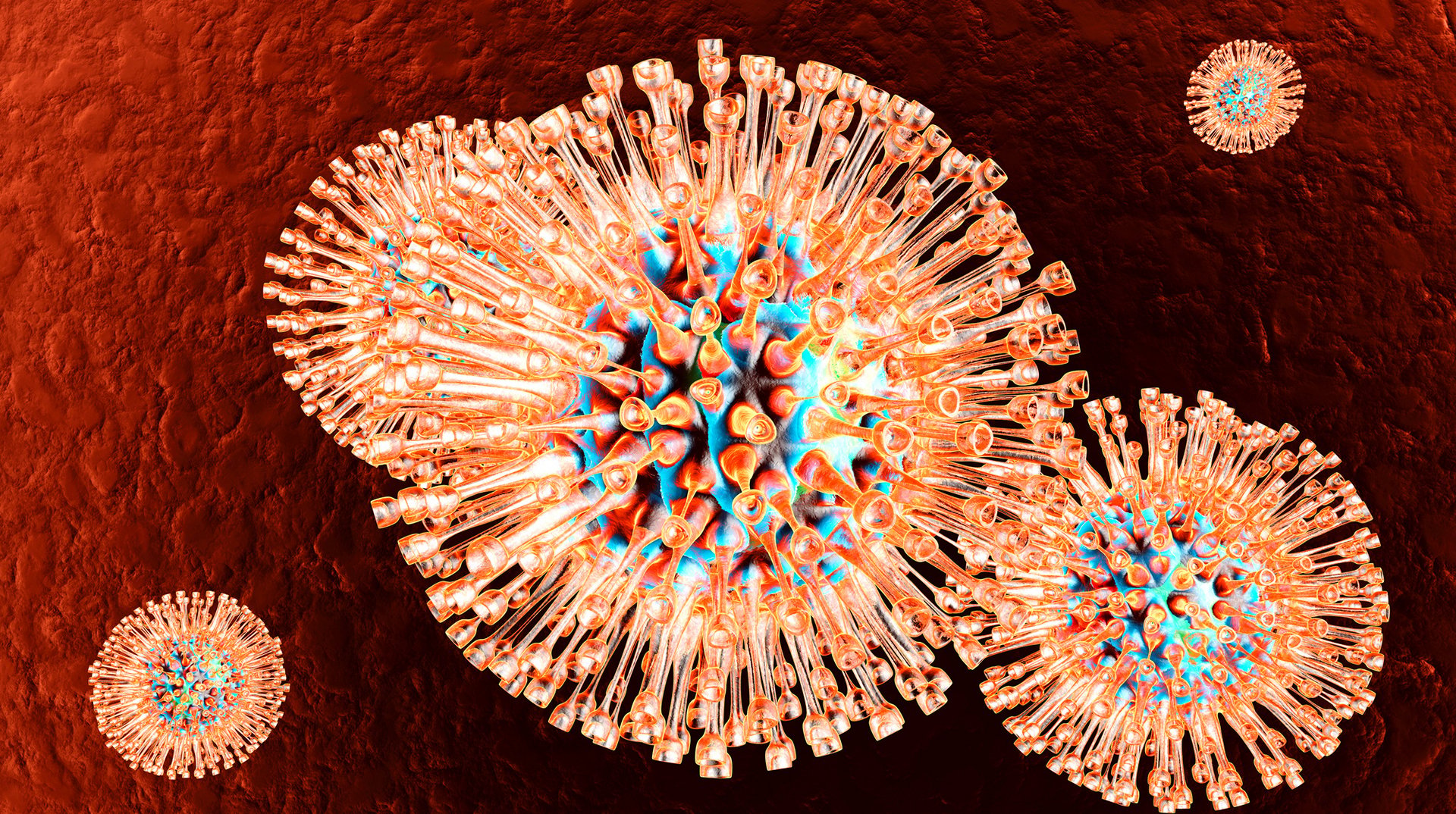“

Vlad Cherevko I have been interested in all kinds of electronics and technologies since 2004. I like to play computer games, and I understand the work of different gadgets. I regularly monitor the news of the technology in the world and write materials about it.
HSV-1 was chosen not by chance. First, it is a large enough virus that allows you to replace or add new genes without much problems for accurate attack on cancer cells. Secondly, HSV-1 is not embedded in the human gene, which eliminates the risk of certain mutations. In addition, herpes is usually not a threat to life and is well treated with antiviral drugs – this makes it safer for use.
The study was attended by 140 patients with a running form of melanoma who did not respond to traditional treatment. They were administered a weakened genetically modified herpes virus RP1, together with the drug of immune therapy with nivolumab. The course lasted up to four months, and those who had a positive effect continued only for up to two years.
The results showed that one third of the tumor participants decreased by at least 30%, and in every sixth they disappeared completely. Interestingly, RP1 acted not only in the injection site, but also on other tumors in the body, which indicates an increase in the immune response. The side effects were insignificant – fatigue or cold symptoms.
RP1 is also tested for the treatment of other cancers. If its effectiveness is proven, then this approach opens the possibility of a new treatment class – viral oncotherapy.
Already on July 22, 2025, the US Product and Medicinal Control Department (FDA) will decide whether to allow the use of RP1. If the permit is obtained, new treatment may occur earlier than large -scale clinical trials.
”, – WRITE: mezha.media

Vlad Cherevko I have been interested in all kinds of electronics and technologies since 2004. I like to play computer games, and I understand the work of different gadgets. I regularly monitor the news of the technology in the world and write materials about it.
HSV-1 was chosen not by chance. First, it is a large enough virus that allows you to replace or add new genes without much problems for accurate attack on cancer cells. Secondly, HSV-1 is not embedded in the human gene, which eliminates the risk of certain mutations. In addition, herpes is usually not a threat to life and is well treated with antiviral drugs – this makes it safer for use.
The study was attended by 140 patients with a running form of melanoma who did not respond to traditional treatment. They were administered a weakened genetically modified herpes virus RP1, together with the drug of immune therapy with nivolumab. The course lasted up to four months, and those who had a positive effect continued only for up to two years.
The results showed that one third of the tumor participants decreased by at least 30%, and in every sixth they disappeared completely. Interestingly, RP1 acted not only in the injection site, but also on other tumors in the body, which indicates an increase in the immune response. The side effects were insignificant – fatigue or cold symptoms.
RP1 is also tested for the treatment of other cancers. If its effectiveness is proven, then this approach opens the possibility of a new treatment class – viral oncotherapy.
Already on July 22, 2025, the US Product and Medicinal Control Department (FDA) will decide whether to allow the use of RP1. If the permit is obtained, new treatment may occur earlier than large -scale clinical trials.
